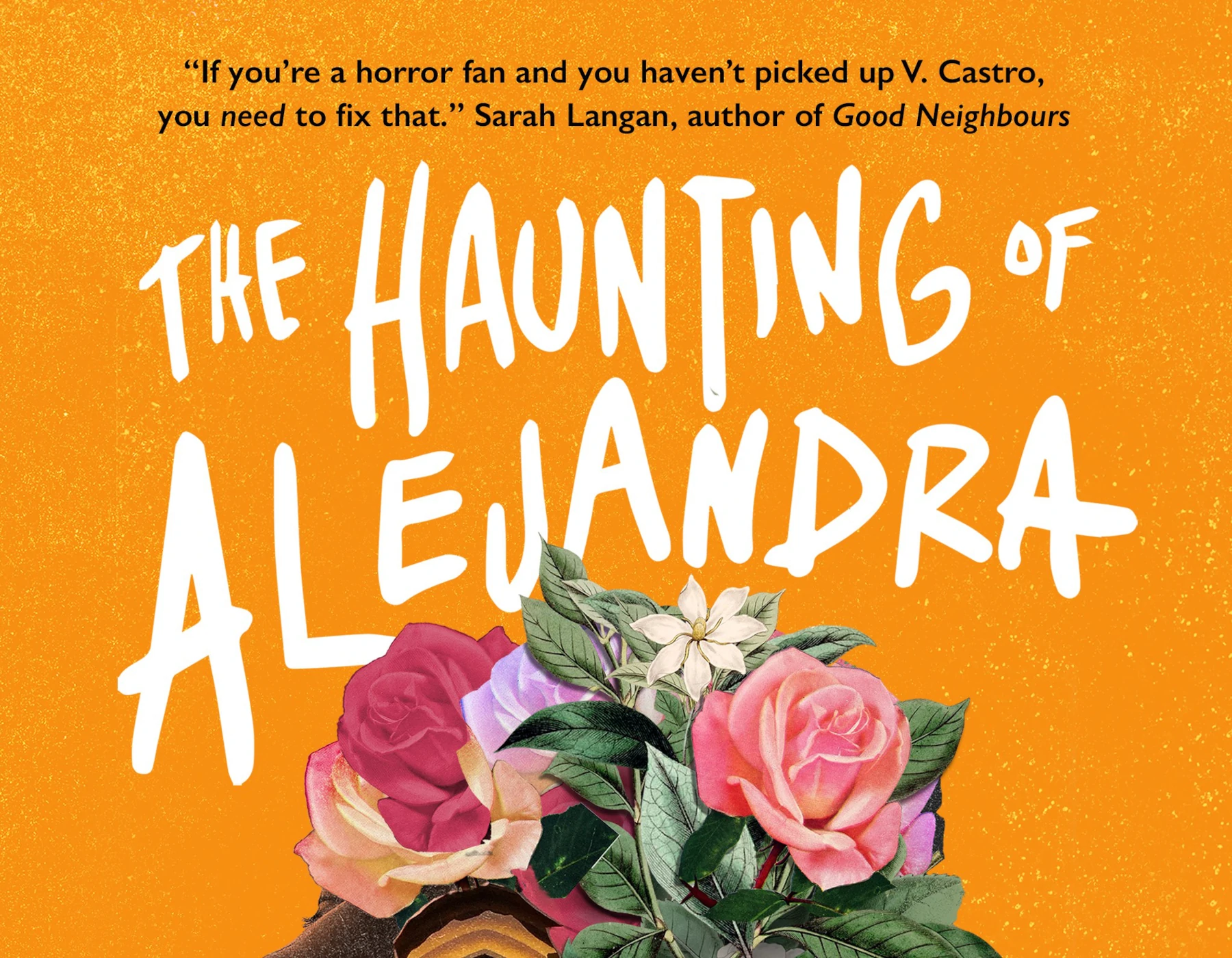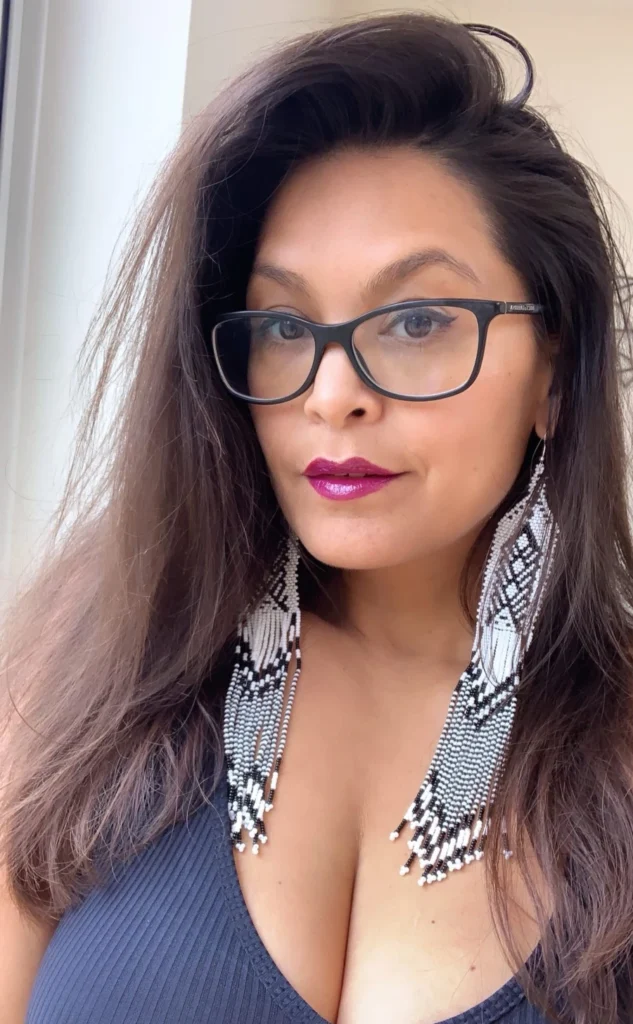
An Interview with V. Castro
Words By V. Castro, Interviewed by Zara Garcia
What inspired you to write your latest novel, The Haunting of Alejandra, and what do you hope readers take away from it?
I want this book to terrify you, but also leave you with an immense sense of hope and love. This book was inspired by my own struggle with mental health after I had my last child. Being a parent can be terrifying, as is losing your sense of self. This book explores what it feels like to have the floor dissolve beneath your feet and all you see is darkness.
You often weave elements of Mexican folklore and culture into your horror stories, as seen in The Haunting of Alejandra. How important was it for you to reimagine the La Llorona legend, and how did you approach the task of putting your own unique twist to this well-known story?
I didn’t set off to write her story; it just happened as I began the tale of a woman experiencing immense pain from losing her sense of self. It occurred to me that La Llorona has always had her story told for her. No one knows how the story originated. Women should have the ability to tell their own stories in their own voices. It is very important for me to write about my culture and our history because there are so few books that do this. There should be more stories with Women of Color as leads, written by Women of Color.
Generational trauma is a major theme in your novel. How did switching between time periods and the perspectives of women in Alejandra’s ancestry aid in your exploration of generational trauma? Did you face any challenges or make notable discoveries in this narrative structure?
It was important to show how different women viewed themselves and interacted with others at different periods of time while also grappling with their demons. This evolution shows how trauma passes on through the generations if not addressed. In some cases, it couldn’t be addressed. It felt very natural as I wrote it because I have seen it in my own family and personal experience.
In addition to your novels, your most recent short story collections, Out of Aztlan and Mestiza Blood, showcase your skill in shorter forms of storytelling. How does your approach to short stories differ from full-length novels, and do you prefer one format over the other?
I get an idea in my head and write. The story determines the length. It’s something I don’t overthink. Sometimes, I see the narrative start to finish.
In The Haunting of Alejandra, Melanie’s character bridges the gap between science and spirituality, embodying both a therapist and a curandera. Can you elaborate on the opportunities this duality presented in your storytelling? What insights might aspiring authors draw from your experience in crafting such a character?
I wrote this character because I want people to feel comfortable returning to their indigenous beliefs for healing and comfort. Since this is a supernatural book, I want the magic that I truly believe in to shine through. As a Woman of Color and someone who practices brujería, this felt true to me.
We all experience pain and sometimes terror in life. Fear is universal, but how it manifests is different for everyone. Narratives that do not conform to the dominant culture are valid.

You’ve skillfully incorporated historical fiction into select chapters of The Haunting of Alejandra. Could you share more about the creative decisions behind integrating specific historical figures and events? Were these historical elements present in every draft or did they come as you edited the book?
The historical aspects were included in the original manuscript. I wanted to show generations of women from different time periods to show what had and hadn’t changed. Identity is also a large part of Alejandra’s journey. Self-discovery and change are painful, but they can open so many roads toward a better future.
The Haunting of Alejandra delves into the topic of postnatal depression. How did you balance the need for emotional depth and accuracy while still taking care of your own well-being?
It was something I experienced, which is why I felt compelled to write the book. There was a lot of pain I had to express. Writing about this and hopefully helping others was a big part of my own healing process. Some things in life are hard to share. Picking up a book and feeling seen can give comfort. I want to give others hope with this story, even though it is horror!
Are there any books or authors that have helped guide your journey in crafting your unique writing style and voice as an author?
I never thought this would be what I ended up doing. It was a vivid dream that led to one story in 2017. All my life, I have been an avid reader, but I didn’t know this was inside of me. It has been a beautiful gift of tears and joy. We all have a voice; it’s just a matter of finding it.
The publishing process can often feel more challenging than writing a book. What has that process been like for you throughout your career and what advice would you give to aspiring authors who are just starting or currently navigating this stage?
It has been a journey of highs and lows, and I am still reaching for certain milestones. It takes a lot of grit and perseverance. I think if you can take rejection and have patience, then go for it. But always be true to your voice. Find your voice and follow it. There is only one of you, and the story you want to tell can only be told by you.